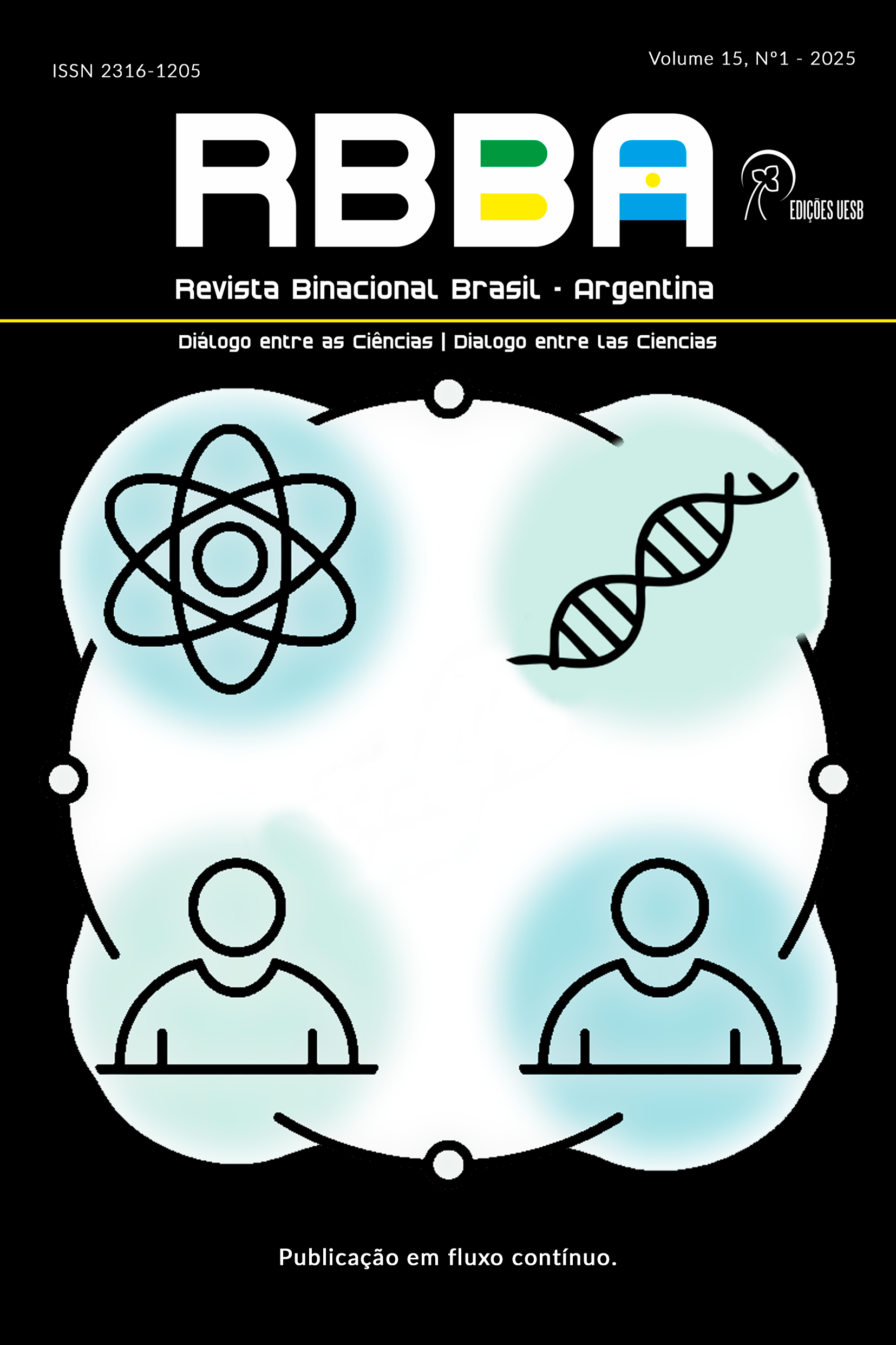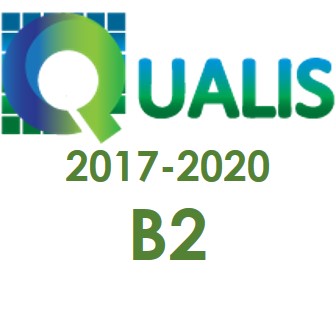Practical works in environmental chemistry in engineering degree: an action-research experience
DOI:
https://doi.org/10.22481/rbba.v15i1.16862Keywords:
environmental chemistry, ICT, competency-based learningAbstract
The presented work reviews the pedagogical transformation of the Environmental Chemistry II subject in the Environmental Engineering degree at the Universidad Nacional del Litoral. Traditionally focused on lectures and theoretical assessments, the subject adopted a competency-based approach and constructivist learning. This change included practical group work, field trips, and laboratory activities, encouraging the integration of content and critical reflection on socio-environmental issues. In addition, the implementation of ICT and a blended learning model enriched the educational experience, improving communication and promoting active learning. The evaluation of the new methodology reflected positive results: the approval rate grew significantly (75% between 2022-2024, compared to less than 50% in the 2015-2019 period), and student perceptions of the subject improved substantially. Practical group activities fostered conceptual understanding and motivation, while evaluative innovations encouraged the practical application of knowledge.
Downloads
References
ÁVILA GALARZA, A. La Educación Ambiental a Nivel Superior. In: XII CONGRESO NACIONAL 2002. UNA GESTIÓN AMBIENTAL POR EL PLANETA, 2002, Guanajuato. Memorias del XII Congreso Nacional 2002. Una Gestión Ambiental por el Planeta. Guanajuato: Federación Mexicana de Ingeniería Sanitaria y Ambiental, 2002, p. 1-6.
BARBERÀ, E.; BADIA, A. (2005). El uso educativo de las aulas virtuales emergentes en la Educación Superior. Revista de Universidad y Sociedad del Conocimiento, Barcelona, v. 2, n. 2, 2005.
CAYCEDO LOZANO, L.; TRUJILLO SUÁREZ, D. M.; GARCÍA, S.S. La responsabilidad social, un componente esencial de la formación en un programa de Química Ambiental. Misión Jurídica, Revista de Derecho y Ciencias Sociales, Bogotá, n. 10, p. 223-231, 2016.
CONCARI, S. B. Tecnologías emergentes ¿cuáles usamos? Latin American journal of Physics education, México, v. 8, n. 3, p. 494-503, 2014.
ELLIOTT, J. El cambio educativo desde la investigación-acción. 3. ed. Madrid: Morata, 1993. 190p.
FERNÁNDEZ, M. B.; JOHNSON, M. D. Investigación-acción en formación de profesores: Desarrollo histórico, supuestos epistemológicos y diversidad metodológica. Psicoperspectivas, v. 14, n. 3, p. 93-105, 2015.
GARCÍA ARETIO, L. Blended learning y la convergencia entre la Educación presencial y a distancia. Revista Iberoamericana de Educación a distancia, Madrid, v. 21, n. 1, p. 9-22, 2018.
GARCÍA, D.; PRIOTTO, G. Educación Ambiental. Aportes políticos y pedagógicos en la construcción del campo de la Educación Ambiental. Buenos Aires: Secretaría de Ambiente y Desarrollo Sustentable, 2009. 230p.
GÓMEZ, C.; BOTERO, C. M. La ambientalización de la educación superior: estudio de caso en tres instituciones de Medellín, Colombia. Revista Gestión y Ambiente, v. 15, n. 3, p. 77-88, 2012.
HERNÁNDEZ, M. R.; RODRÍGUEZ, V. M.; PARRA, F. J.; VELÁZQUEZ, P. Las Tecnologías de la Información y la Comunicación (TICs) en la enseñanza-aprendizaje de la Química Orgánica a través de imágenes, juegos y videos. Formación universitaria, La Serena, v. 7, n. 1, p. 31-40, 2014.
MANAHAN, S. E. Introducción a la química ambiental. México D. F.: Reverté, 2006. 780p.
MINISTERIO DE EDUCACIÓN DE ARGENTINA. Formulación de estándares para la acreditación de carreras de grado. Resol. 2018-989-APN-ME. Buenos Aires, 2018, 16 p.
MINISTERIO DE EDUCACIÓN DE ARGENTINA. Acuerdo plenario. Resol. 2018-1254-APN-ME. Buenos Aires, 2018, 81 p.
RAMOS, M.; MUÑOZ, L. La enseñanza de la Química Ambiental: Una propuesta fundamentada en la controversia científica y la resolución de problemas. Tecné, Episteme y Didaxis, Bogotá, n. 38, p. 133-146, 2015.
SÁEZ LÓPEZ, J. M. Actitudes de los docentes respecto a las TIC, a partir del desarrollo de una práctica reflexiva. Escuela abierta, Sevilla, n. 13, p. 37-54, 2010.
TOBÓN, S. T.; PIMIENTA PRIETO, J. H.; GARCÍA FRAILE, J. A. Secuencias didácticas: Aprendizaje y evaluación de competencias. 1. ed. México D. F.: Pearson Educación, 2010, 216 p.
VALVERDE CRESPO, D.; GONZÁLEZ SÁNCHEZ, J.; de PRO BUENO, A. ¿Qué sub-competencias digitales muestran unos alumnos de 4o de Educación Secundaria Obligatoria ante una animación sobre una reacción química a nivel microscópico? Ápice, Revista de Educación Científica, A Coruña, v. 1, n. 1, p. 40-57, 2017.
Downloads
Published
Issue
Section
License
Copyright (c) 2025 Revista Binacional Brasil-Argentina: Dialogue between the sciences

This work is licensed under a Creative Commons Attribution 4.0 International License.












